15 Common Everyday Items That Could Be Harmful to Your Health
We use many products daily without thinking twice, but some of these everyday items may have hidden risks. While they seem harmless, long-term exposure or improper use can potentially cause health issues.
From cleaning supplies to personal care products, certain ingredients or materials can be harmful if not handled carefully. It’s important to be aware of the potential risks and consider alternatives when possible. Here are 15 common items you may want to reconsider in your day-to-day life.
Plastic Water Bottles

Plastic water bottles are convenient, but they can have harmful effects on both the environment and your health. Many bottles contain BPA (Bisphenol A), a chemical that can leach into the water when exposed to heat. BPA has been linked to hormone disruption and other health problems.
Repeated use of disposable plastic bottles also increases exposure to this chemical. Switching to BPA-free or stainless steel water bottles is a safer and eco-friendly alternative. You’ll not only protect your health but also reduce plastic waste.
Non-Stick Cookware
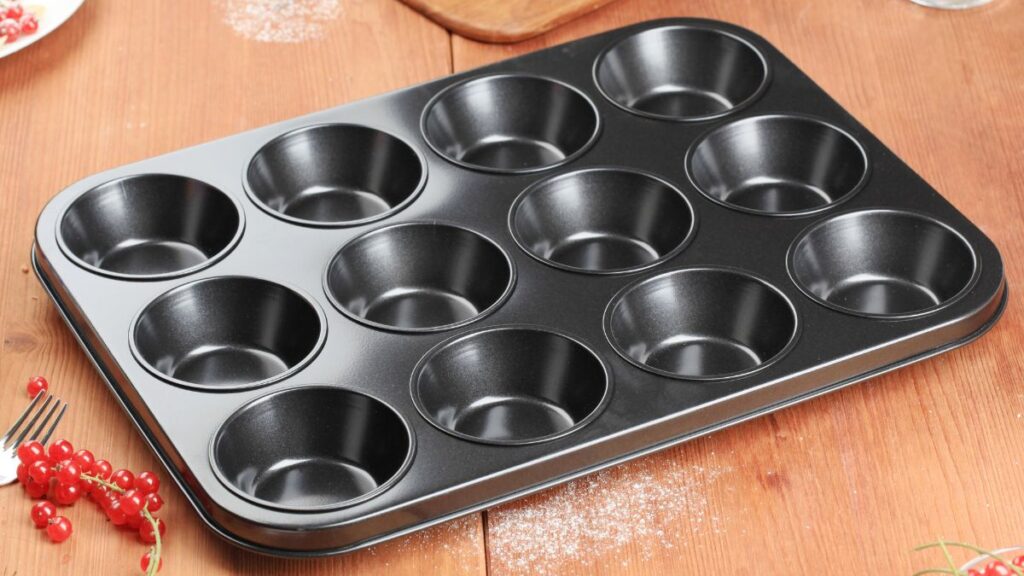
Non-stick cookware makes cooking and cleaning easy, but the chemicals used to create the non-stick surface, such as Teflon, can be harmful when heated to high temperatures. These chemicals can release toxic fumes that may cause flu-like symptoms in humans and be deadly to birds.
Over time, the non-stick coating can also wear off, potentially contaminating your food. Opting for stainless steel, cast iron, or ceramic cookware is a safer choice for your kitchen. These alternatives are durable and don’t come with the same health risks.
Air Fresheners

While air fresheners are commonly used to make spaces smell nice, many contain chemicals like phthalates and formaldehyde, which can contribute to respiratory problems and hormone disruption.
These chemicals are especially harmful to individuals with asthma or allergies. Instead of using chemical-based air fresheners, consider natural alternatives like essential oils or opening windows for ventilation. Keeping your home fresh without harmful chemicals is better for your long-term health.
Antibacterial Soaps
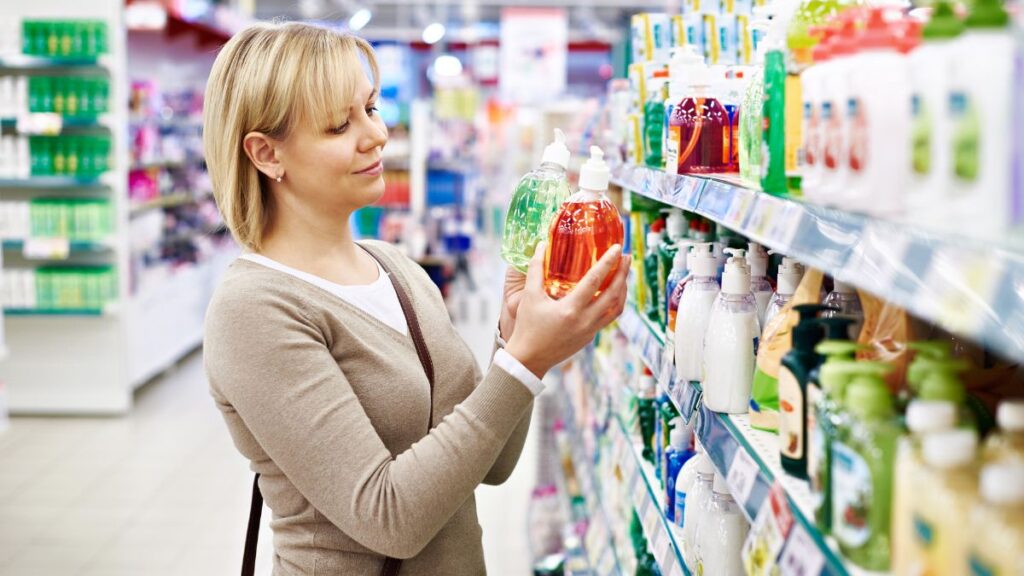
Antibacterial soaps seem like a good way to kill germs, but they often contain triclosan, a chemical that may contribute to antibiotic resistance and hormonal imbalances. Overuse of these soaps can also strip your skin of natural oils, leading to dryness and irritation.
Regular soap and water are just as effective at removing bacteria without the potential risks. Switching to natural or organic soaps without harsh chemicals is a safer way to keep your hands clean.
Scented Candles
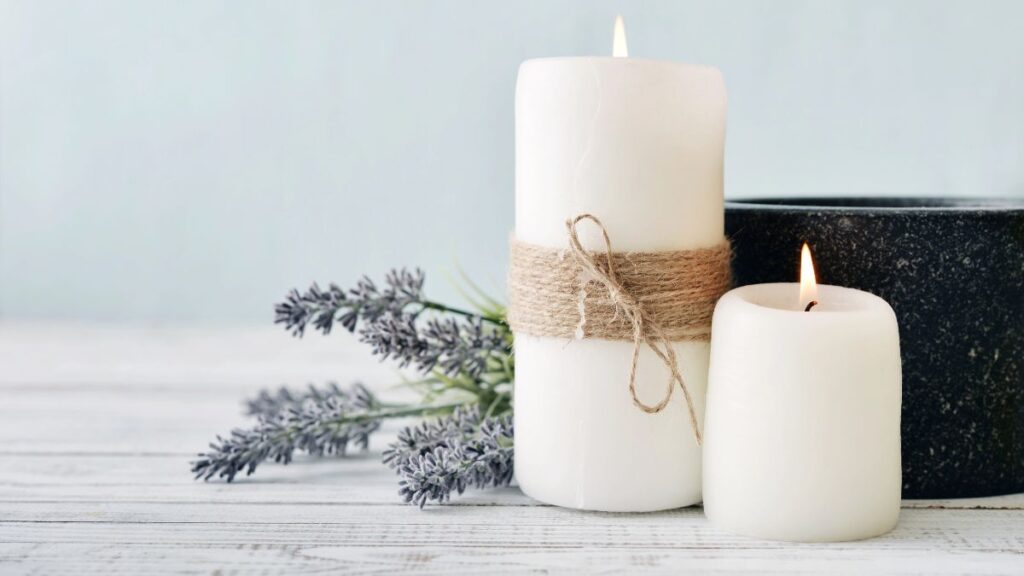
Scented candles may create a cozy atmosphere, but many contain harmful chemicals like paraffin wax, which releases toxins when burned. Inhaling these chemicals over time can lead to respiratory issues and may even increase the risk of cancer.
Opt for candles made from natural ingredients like beeswax or soy, which burn cleaner and don’t release harmful toxins into the air. You’ll still get that warm, inviting scent without the health risks.
Processed Meats

Processed meats like bacon, hot dogs, and deli meats are staples for many, but they often contain nitrates, preservatives, and high levels of sodium. These ingredients have been linked to an increased risk of cancer, heart disease, and high blood pressure.
Limiting your intake of processed meats and choosing fresh or minimally processed alternatives can help protect your health. Incorporating more plant-based proteins into your diet is also a great way to reduce these risks.
Microwave Popcorn

Microwave popcorn is a convenient snack, but the bags often contain perfluorinated compounds (PFCs), which can break down into toxic chemicals when heated. These chemicals have been linked to cancer and other health issues.
The artificial butter flavoring in some brands can also contain harmful additives. Making popcorn on the stovetop using organic kernels and natural oils is a healthier alternative. You’ll still enjoy the delicious taste without the harmful chemicals.
Canned Foods
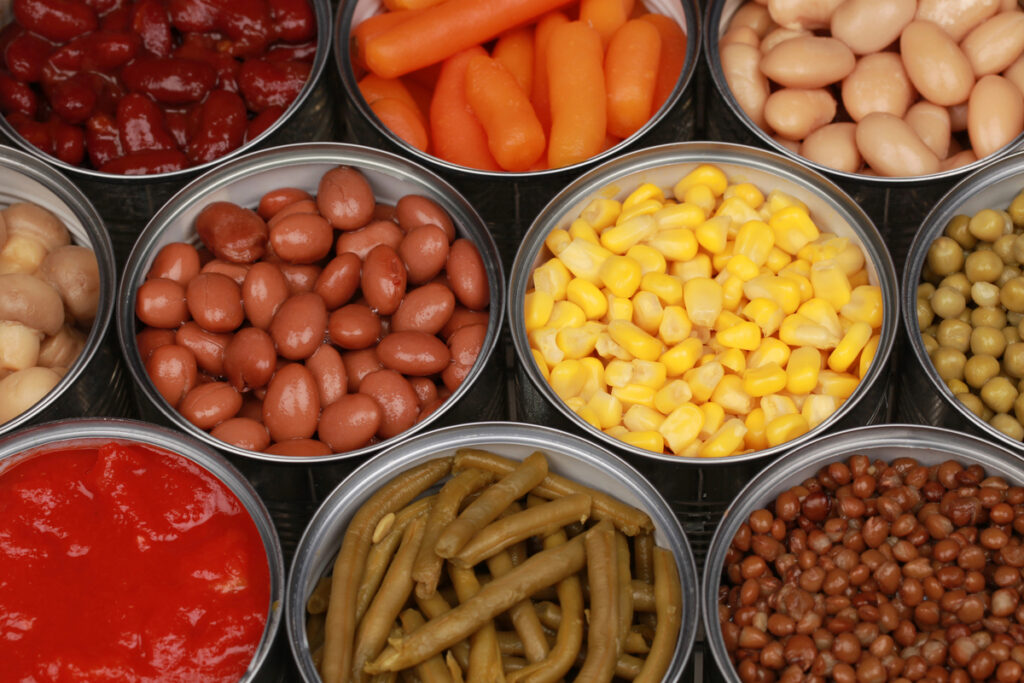
Canned foods are convenient, but many cans are lined with BPA, a chemical that can leach into the food and cause health problems like hormone disruption and increased cancer risk. Even BPA-free cans may contain other harmful chemicals.
Opting for fresh, frozen, or glass-packaged foods whenever possible is a safer choice. You can still enjoy the convenience of preserved foods without the added health risks.
Cleaning Products

Many household cleaning products contain harsh chemicals like ammonia and bleach, which can irritate your skin, eyes, and lungs. Prolonged exposure to these chemicals can lead to more serious health issues, including respiratory problems and chemical burns.
Switching to natural or eco-friendly cleaning products made from ingredients like vinegar, baking soda, and essential oils can help you maintain a clean home without compromising your health. These alternatives are just as effective at cutting through dirt and grime.
Perfumes and Fragrances
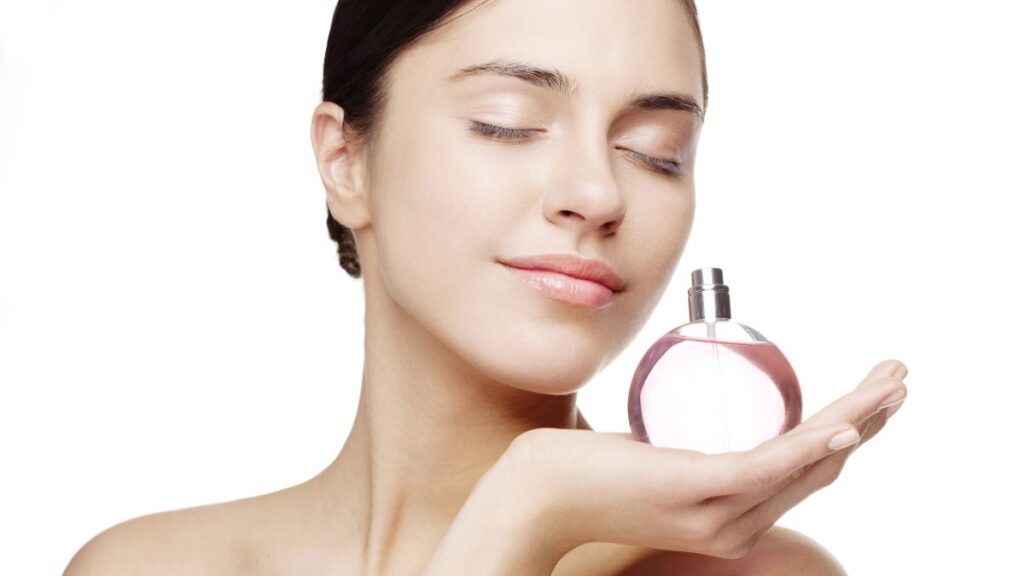
Perfumes and fragranced products often contain synthetic chemicals like phthalates, which can disrupt hormones and cause allergic reactions. These chemicals are absorbed through the skin and inhaled, leading to potential long-term health effects.
Opting for natural or organic perfumes made from essential oils can reduce your exposure to harmful chemicals. Not only will you smell great, but you’ll also protect yourself from unnecessary toxins.
Dryer Sheets
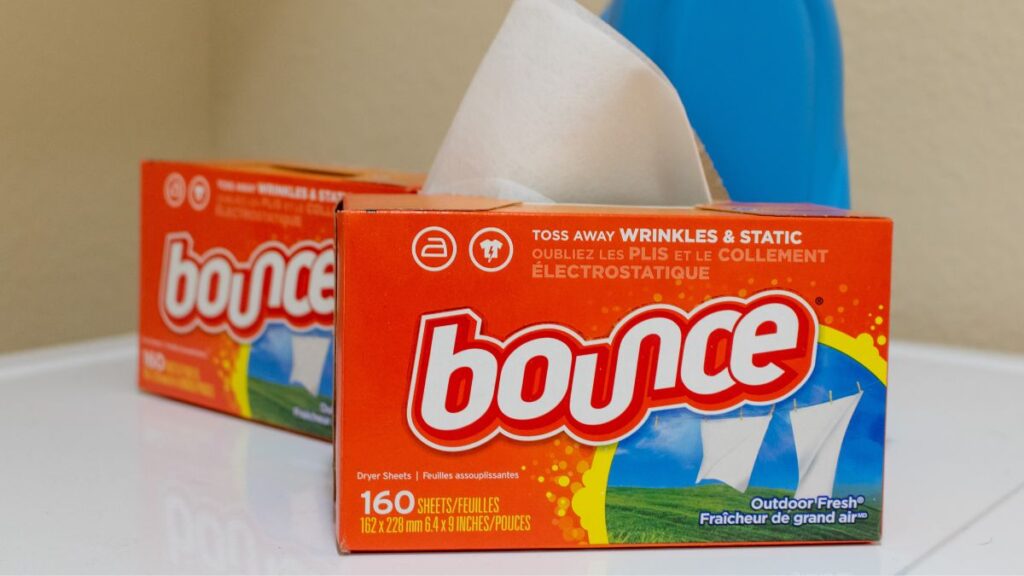
Dryer sheets are used to soften clothes and reduce static, but they often contain chemicals like benzyl acetate and chloroform, which can irritate your skin and respiratory system. Over time, these chemicals can build up in your body and lead to more serious health concerns.
Consider using wool dryer balls as a natural alternative. They are reusable, chemical-free, and just as effective at keeping your laundry soft and static-free.
Plastic Food Containers
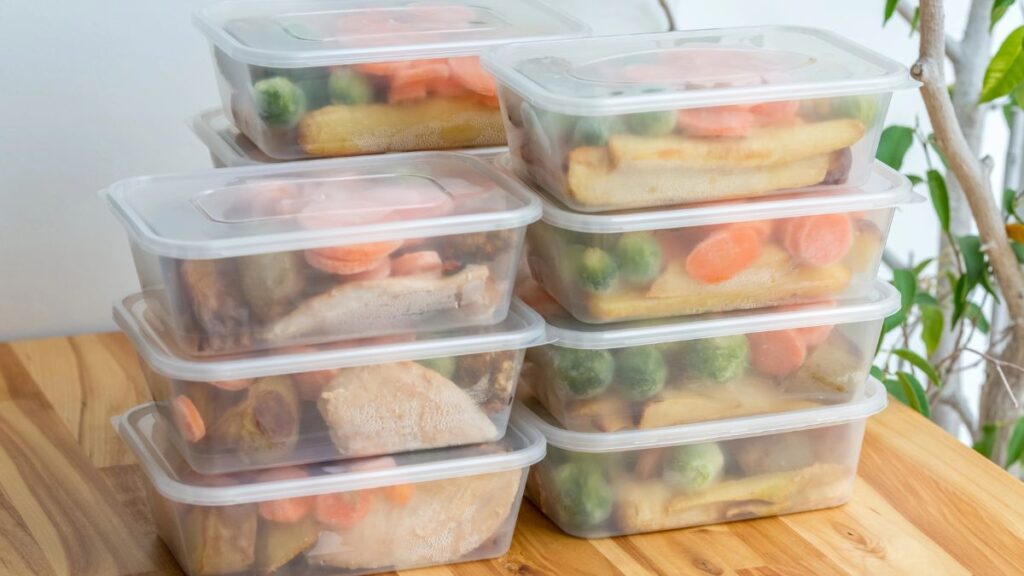
Plastic food containers are a common household item, but they can pose health risks when used to store or heat food. Many plastic containers contain BPA or other harmful chemicals that can leach into food, especially when heated in the microwave.
Opt for glass or stainless steel containers, which are safer and more durable alternatives. These materials won’t release harmful chemicals into your food, keeping your meals healthier.
Teflon Oven Liners

Teflon oven liners are designed to make cleaning easier, but like non-stick cookware, they can release toxic fumes when exposed to high temperatures. These fumes can irritate your respiratory system and pose a serious risk to pets, particularly birds.
To avoid these risks, consider using aluminum foil or silicone oven liners, which are safer and reusable alternatives. These options still protect your oven without the toxic fumes.
Mothballs
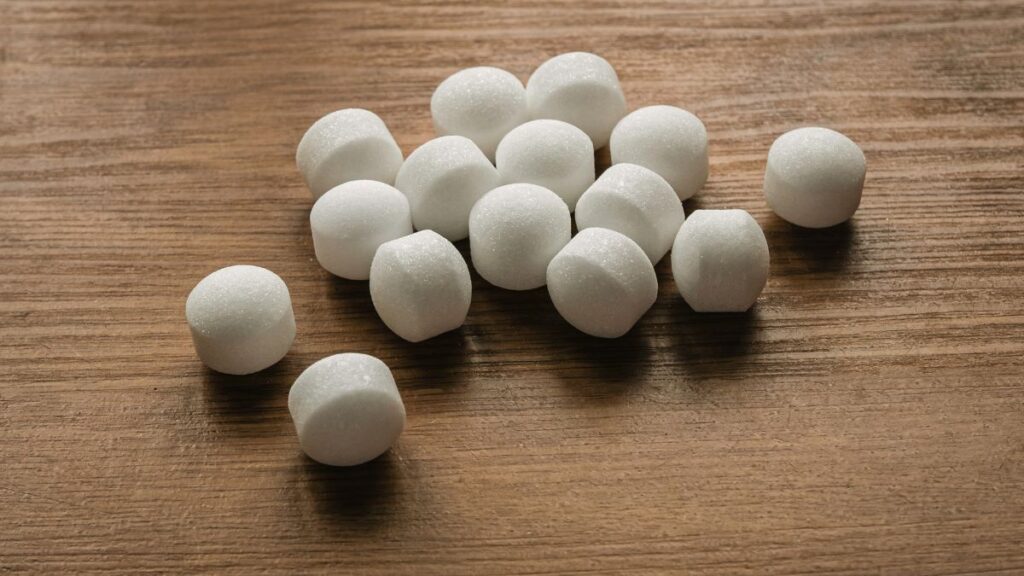
Mothballs are often used to prevent moths from damaging clothing, but they contain chemicals like naphthalene and paradichlorobenzene, which can be harmful if inhaled or ingested.
These chemicals can cause dizziness, headaches, and more serious health issues with prolonged exposure. Cedar chips or lavender sachets are natural alternatives that can help protect your clothes without the harmful chemicals. Plus, they leave your closets smelling fresh.
Aluminum Foil
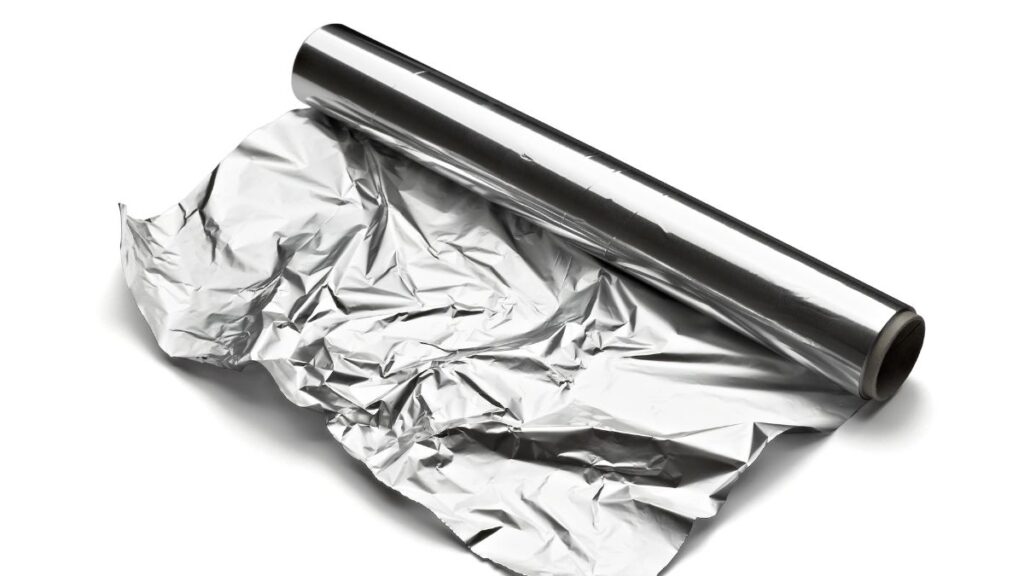
While aluminum foil is a kitchen staple, it can pose health risks when used to cook acidic or salty foods. The aluminum can leach into the food, which has been linked to potential health problems like Alzheimer’s disease and bone disorders.
Switching to parchment paper or silicone baking mats can help reduce your exposure to aluminum. These alternatives are heat-resistant and safer for cooking and baking.
15 Places Where You’re Expected to Tip—But You Really Don’t Have To

Tipping has become a widespread practice in many industries, with the expectation that you’ll leave a little extra for good service. However, not every situation truly warrants a tip, even if you feel pressured to give one.
15 Places Where You’re Expected to Tip—But You Really Don’t Have To
15 Most Annoying Habits of American Tourists When Dining Abroad

Traveling abroad is an exciting adventure, and dining in new places is a big part of the experience. However, some common behaviors by American tourists can be frustrating for locals and affect the dining experience.
15 Most Annoying Habits of American Tourists When Dining Abroad







